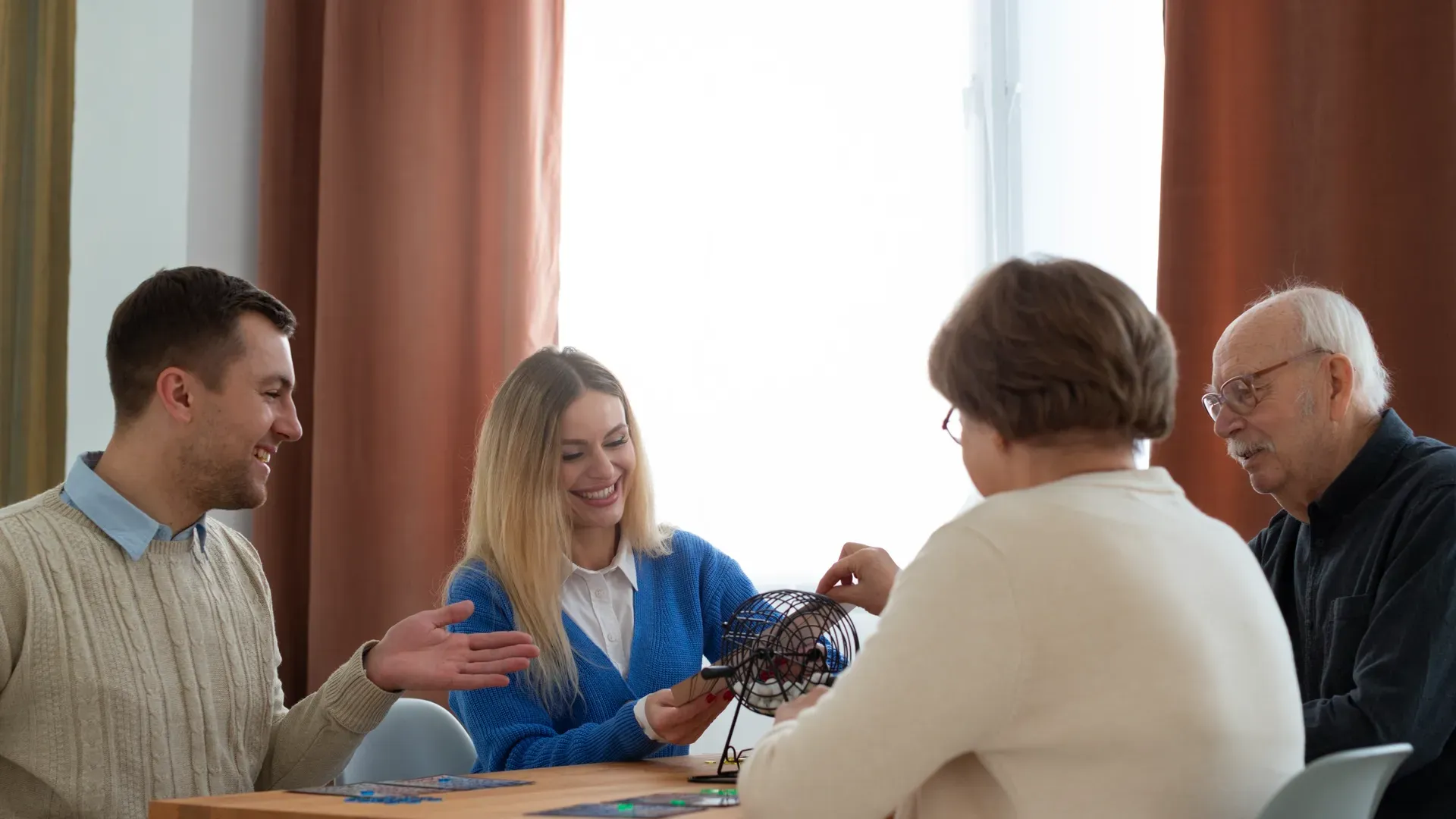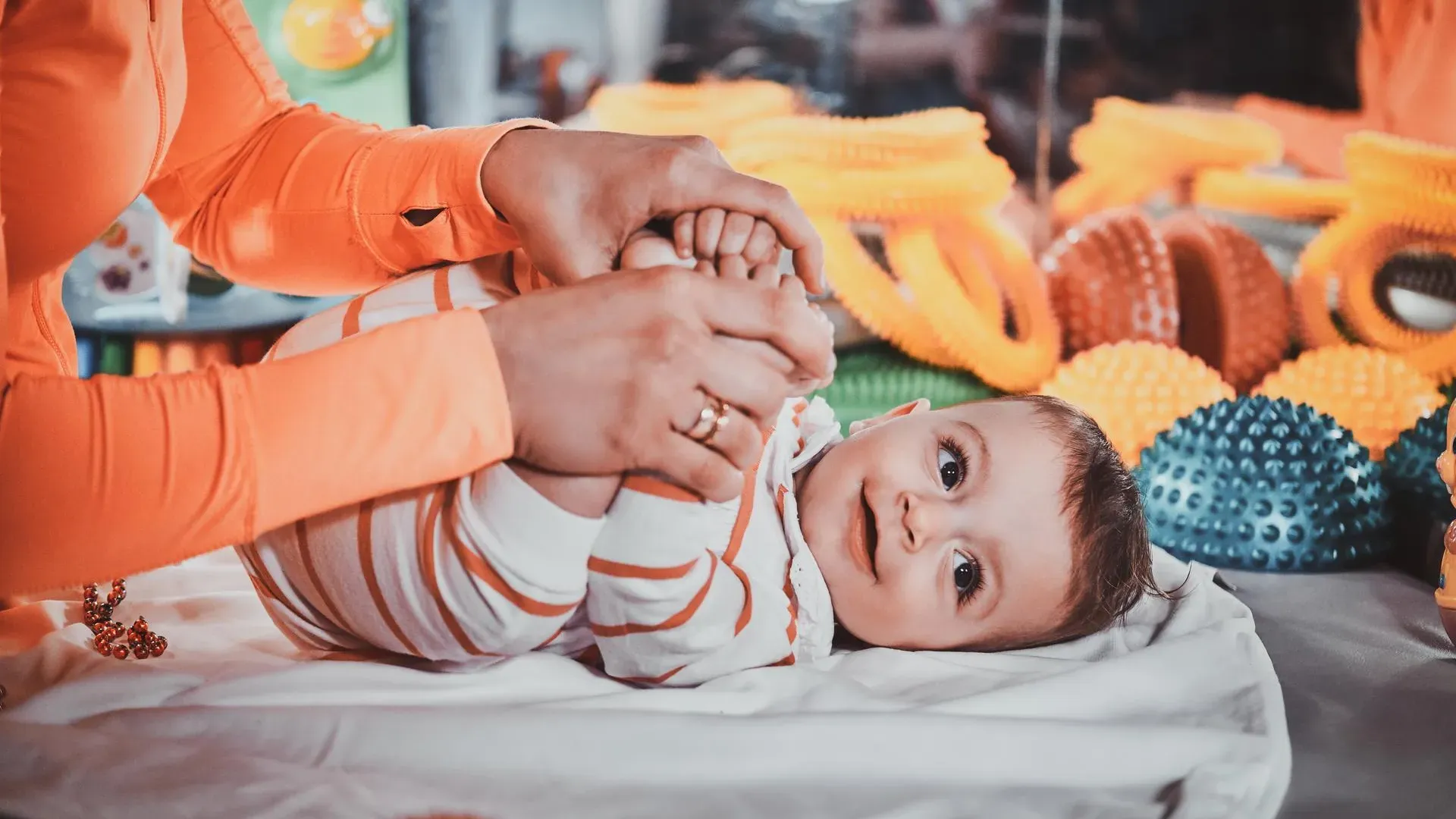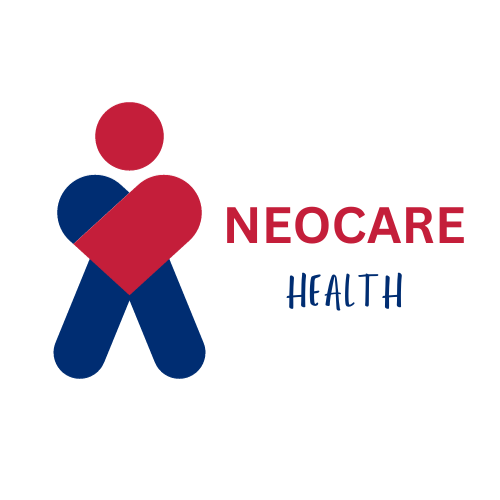September 17, 2024
The birth of a newborn is a profound and delicate time, filled with joy but also accompanied by unique challenges. At Neocare Health, we understand the critical importance of providing exceptional care for fragile newborns. Our commitment to neonatal care ensures that each baby receives the highest standard of support and attention during their formative days. In this blog, we’ll explore best practices for creating a safe and supportive environment for newborns, focusing on specialised care, monitoring, and family support. The Importance of Specialised Neonatal Care Understanding Neonatal Needs Newborns, particularly those born prematurely or with medical conditions, require specialised care tailored to their unique needs. Neonatal care involves addressing the specific medical and developmental challenges faced by these infants, which can include respiratory support, temperature regulation, and nutritional needs. Providing specialised care ensures that each baby receives the appropriate medical interventions and support to thrive. Creating a Nurturing Environment A nurturing environment is essential for the well-being of newborns. This includes maintaining a calm and quiet space, ensuring proper hygiene, and providing a warm and comforting atmosphere. At Neocare Health, our team is dedicated to creating an environment where newborns feel secure and cared for, supporting their physical and emotional development. Best Practices for Neonatal Care Round-the-Clock Monitoring Newborns, especially those with medical conditions, require continuous monitoring to ensure their safety and well-being. This includes regular checks on vital signs, such as heart rate, breathing, and temperature. At Neocare Health, our skilled nurses are trained to provide 24/7 monitoring, promptly identifying and addressing any changes in the baby’s condition to provide timely interventions. Specialised Medical Treatments Neonatal care often involves administering specialised medical treatments to address specific health concerns. This can include intravenous medications, phototherapy for jaundice, and respiratory support. Our team at Neocare Health is equipped with the expertise and technology needed to deliver these treatments effectively, ensuring that each baby receives the necessary care. Parental Support and Education Supporting families is a crucial aspect of neonatal care. We recognise that parents may feel overwhelmed and need guidance on how to care for their newborns. At Neocare Health, we provide comprehensive support and education to parents, including advice on feeding, diapering, and recognising signs of distress. By empowering parents with knowledge and confidence, we help them play an active role in their baby’s care. Creating a Comfortable and Safe Space The physical environment plays a significant role in neonatal care. Ensuring that the care area is clean, well-organised, and equipped with the necessary medical equipment is essential. Additionally, creating a soothing environment with appropriate lighting and noise control can help reduce stress for both the newborn and their family. Our facilities at Neocare Health are designed to provide a safe and comforting space for babies and their families. Collaboration with Specialists In some cases, newborns may require consultation with specialists, such as neonatologists or paediatricians, to address complex medical issues. Collaborating with these specialists ensures that the baby receives comprehensive care and access to advanced medical expertise. At Neocare Health, we work closely with a network of specialists to provide holistic care for our newborn patients. Family-Centred Care Approach A family-centred care approach involves involving parents and family members in the care process. This includes keeping them informed about their baby’s condition, involving them in care decisions, and providing emotional support. Our team is committed to fostering strong partnerships with families, recognising that their involvement is crucial to the overall care and well-being of the newborn. Conclusion Creating a safe and supportive environment for newborns involves a combination of specialised medical care, continuous monitoring, and family support. At Neocare Health, our dedication to neonatal care ensures that each baby receives the highest standard of care in a nurturing and secure environment. By implementing best practices such as round-the-clock monitoring, specialised treatments, parental education, and collaboration with specialists, we strive to provide exceptional care for every newborn. Discover how Neocare Health can support you and your newborn with our expert neonatal care services. Contact us today to learn more about our commitment to providing the best possible start for your baby.



